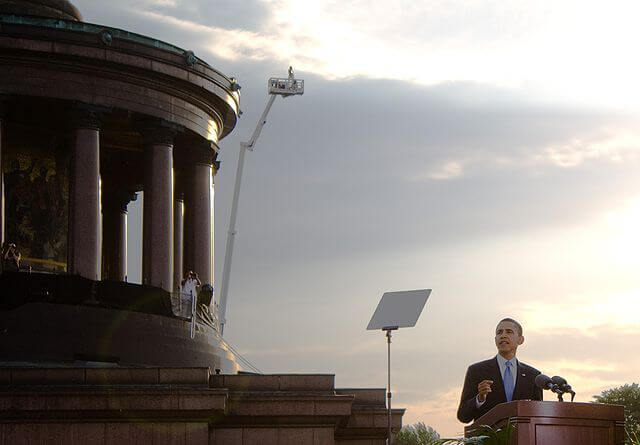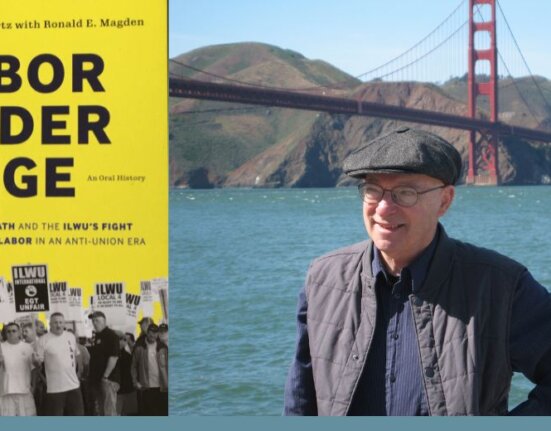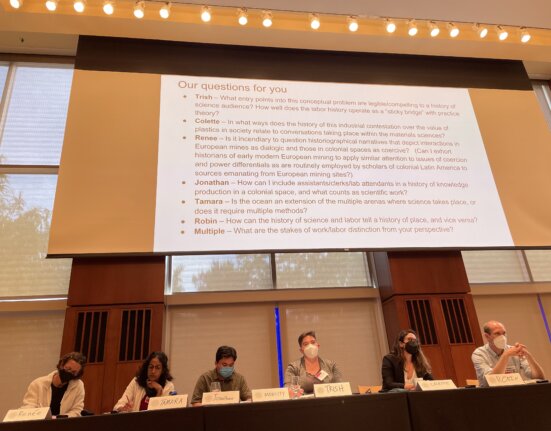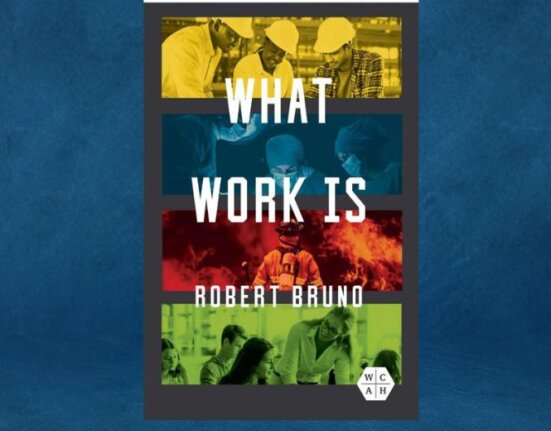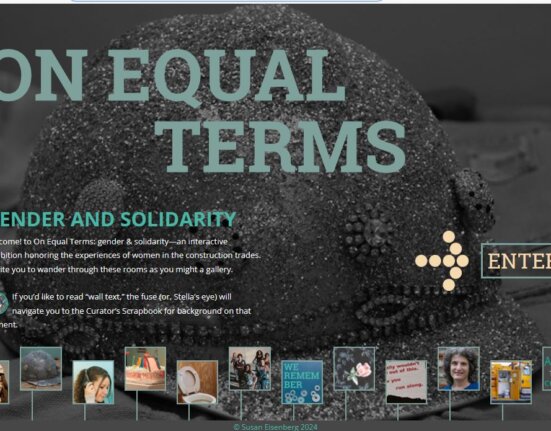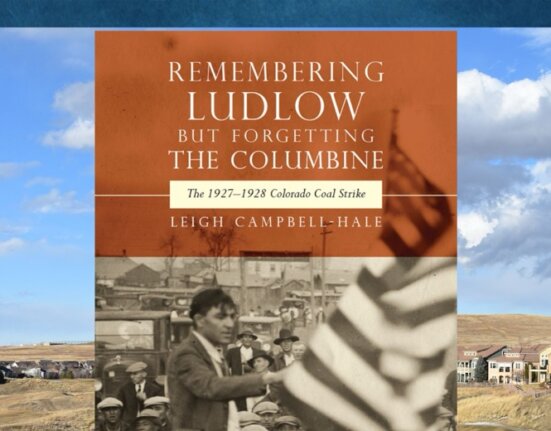President Obama’s Second Inaugural Address, progressive? Maybe. But only if you are one of the liberals who have forgotten this nation’s working class. A key feature of the president’s message was the absence of a single word: unions. Obama served notice that today’s progressivism, however rhetorically linked to “grassroots” initiatives, is fundamentally reliant on a government-based dynamic, as cultivated by a permanent campaign centered broadly on the Democratic Party and more specifically the White House itself.
Though unannounced, the disappearance of the labor movement from the pillars of progressive change is an audacious re-writing of the liberal past. Yes, “Seneca Falls,” “Selma,” and “Stonewall” do indeed connote important places and moments within a larger “journey” towards equality for all. Again, for good measure—and a proper one—the president added the ongoing quest for citizenship by undocumented immigrants to the litany of heroic American struggles.
At first glance, therefore, it seems odd that he found no place in the pantheon of social justice for “Homestead,” “Ludlow,” or “Flint”—all epic labor battles that claimed lives as well as the hopes and energies of communities once excluded from the vaunted Middle Class. Especially since the president was determined to spare Medicare, Medicaid, and Social Security from the talons of deficit hawks, how could he ignore the social movement—and the organizational muscle behind it—that had produced those programs in the first place? It is one thing—perhaps a matter deemed too subtle for the occasion—to miss the connections that activists like Martin Luther King Jr., A. Philip Randolph, Betty Friedan, Harvey Milk, and Cesar Chavez all recognized between their own equal rights struggles and the power of organized labor. But invoking New Deal and Great Society programs without some acknowledgment of their genesis in a labor-based coalition is surely more than a matter of rhetorical style..

The real explanation is likely less intellectual than political. Once enfranchised, each of the “rights”-based blocs—African-Americans, women, Latinos, gays and lesbians–bring a valuable constituency into the Democratic Party. For the price of a few legal guarantees (voting protection, abortion rights, green cards, marriage equality), there is a huge payoff for the group without the denial of interests of anyone else (or at least anyone else within the Democratic Party coalition).
The same is not the case with “labor.” Workers are now at odds with the party that they put in power in the 1930s and kept alive during the 1970s and 1980s. From the propagation of free trade to cozy connections with Wall Street, Democratic Party leaders have shifted the balance of power inside their big tent. One case in point involves the uncommonly well-organized teacher unions. Thus, rather than reaching out to the National Education Association and the American Federation of Teachers to craft “progressive” educational policy, the Obama Administration along with big-city Democratic mayors have openly catered to “reformers” associated with top-down testing regimes and autonomous, non-union charter schools.
The labor movement is hardly in a position to protest. Union membership, as just reported by the Bureau of Labor Statistics, is at a 97-year low of 11 percent. Its classic weapon—the strike—all but ruled out by the use of replacement workers, but the very act of organizing regularly puts the livelihoods of those involved at serious risk. In the current economy, mega-employers like Wal-Mart swat away worker complaints like harmless fleas. In the previous Congress a mild attempt at restoring the organizing process, the Employee Free Choice Act, proved dead on arrival. In such circumstances, even the crucial union-inspired vote in states like Ohio, Pennsylvania, and Nevada invites no new White House partnership. Rather than engage a bottom-up economic campaign, therefore, it proves easier to invoke the parental power of government in lifting up the weakest in society—like the “the little girl born into the bleakest poverty” or the child with disability.
What difference does it make? President Obama accurately pointed out that the Founders’ “self-evident truths” of “life, liberty, and the pursuit of happiness” have “never been self-executing.” In short, it takes “collective action” to “keep safe our founding creed.” Shall we then trust the government, and particularly the Democratic Party, to vouchsafe a future of democratic empowerment? If so, how will that party escape the influence, even domination, of groups with other agendas? Does democracy and opportunity happen only through the ballot box? In principle, it is hard to imagine Obama’s expansive vision working without the presence of a self-organized army of citizens active in civil society. If the checks and balances of our political system are to include the millions of today’s working poor—so many of them women, minorities, and immigrants–then we must strengthen the basic right to organize. But precisely because unions challenge the perches of the comfortable—even the progressive comfortable—they get left out of presidential speeches.


